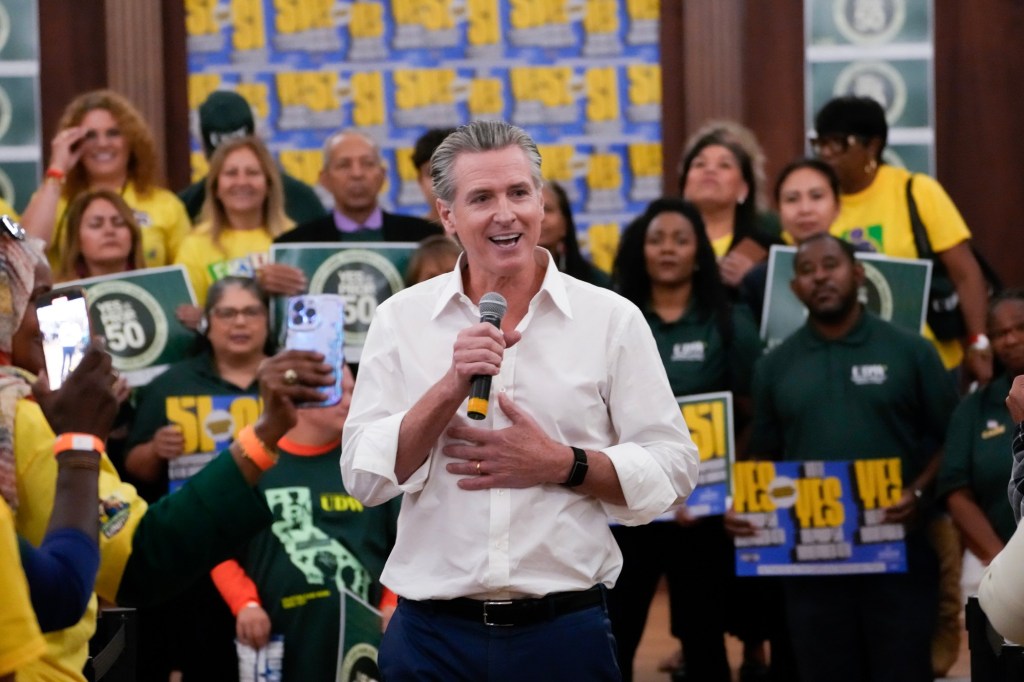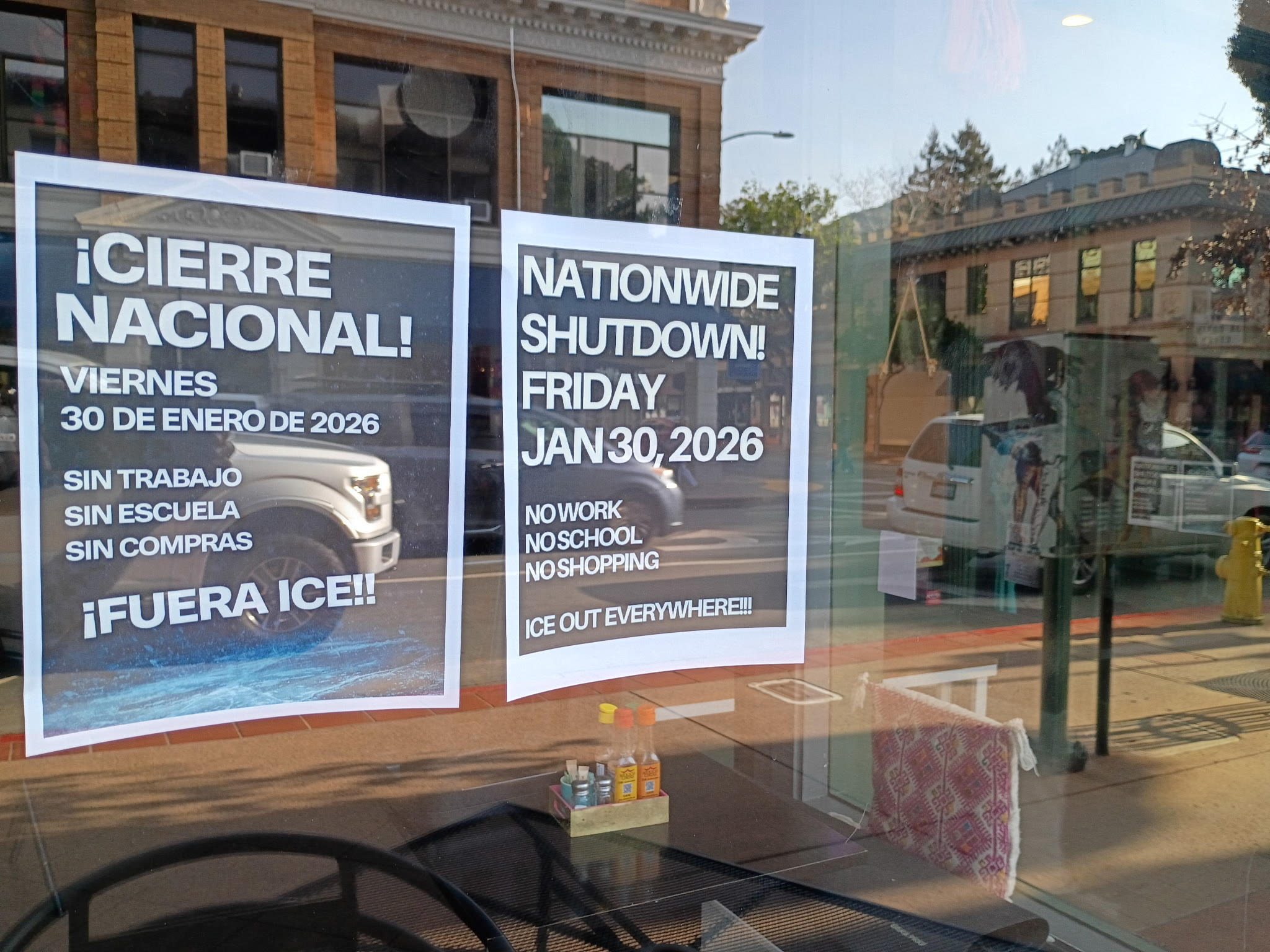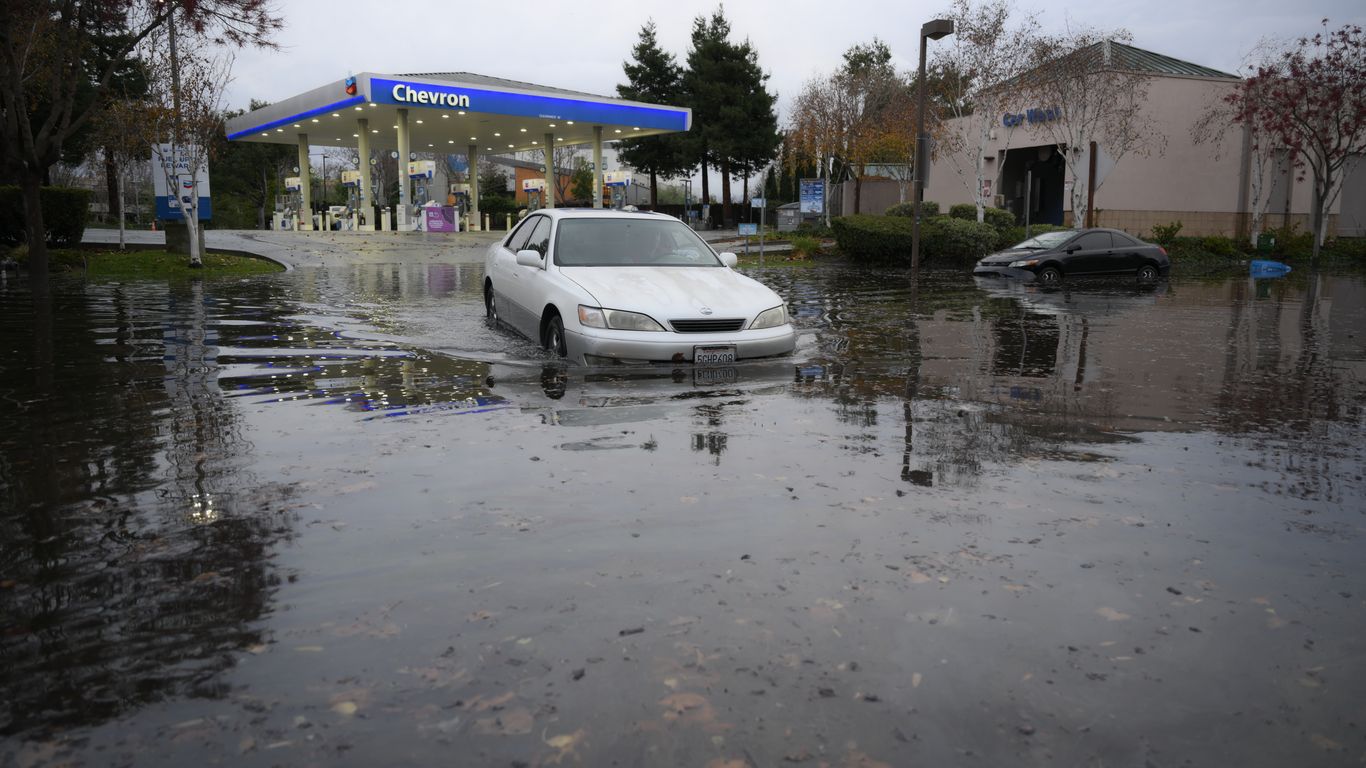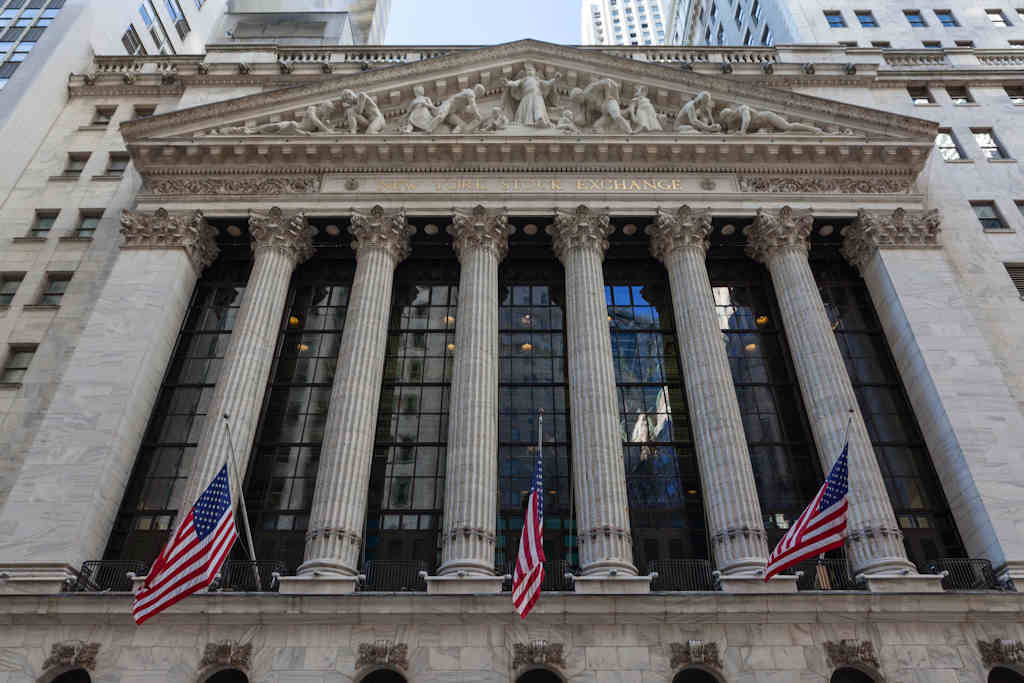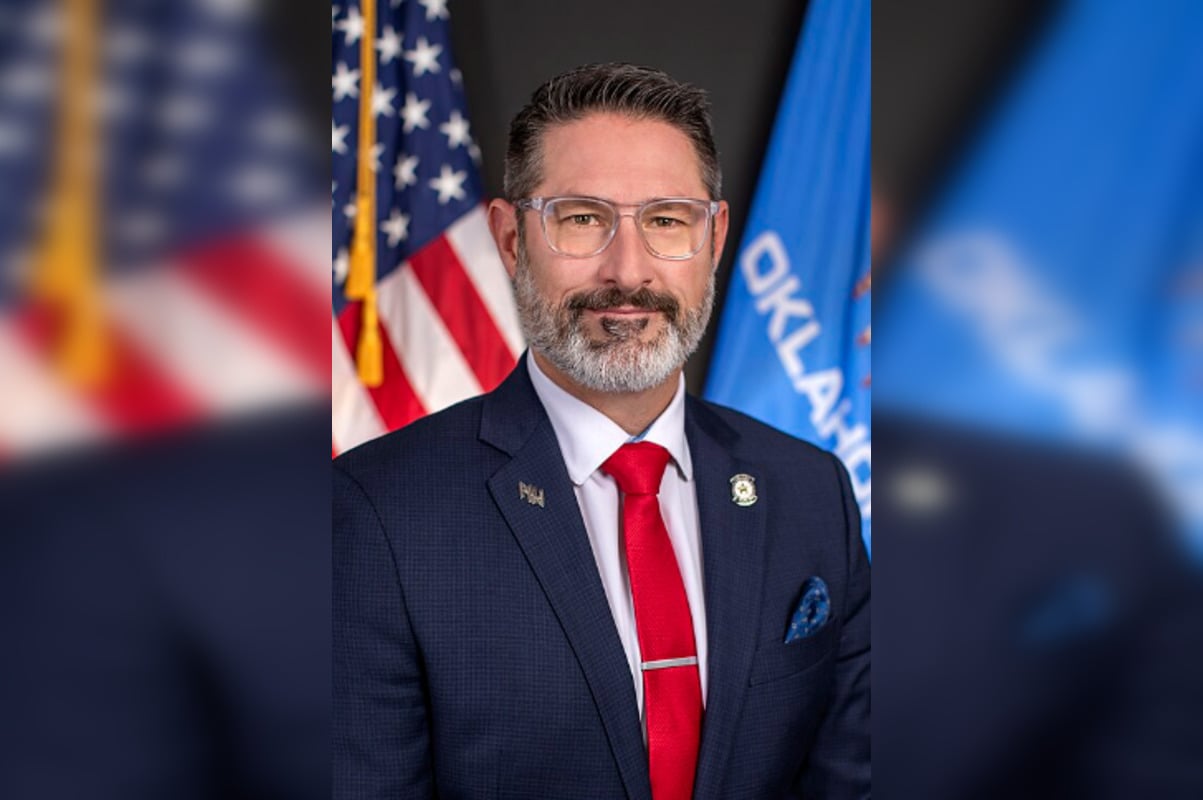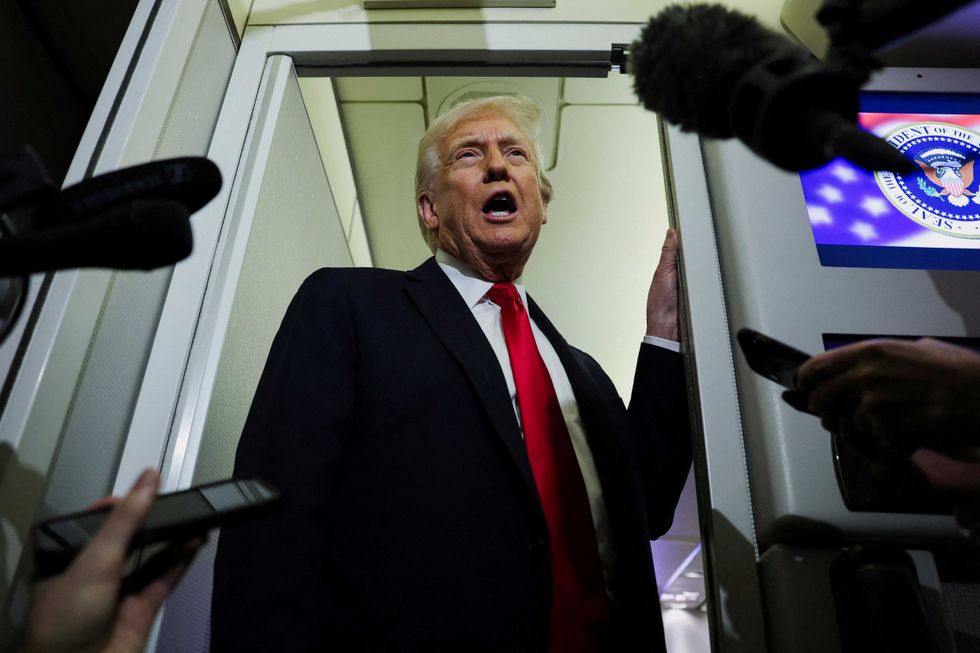California Governor Gavin Newsom has recently opened up about his aspirations for the presidency, marking a notable shift in his public statements. While he previously downplayed any interest in running for the highest office, Newsom admitted in an interview with CBS News that he would be dishonest to deny his ambitions. “Yeah, I’d be lying otherwise. I’d just be lying. And I’m not — I can’t do that,” he stated, suggesting that he is now ready to acknowledge what many observers have suspected for some time.
This newfound honesty contrasts sharply with Newsom’s earlier claims. In 2022, he told the San Francisco Chronicle Editorial Board that he had “sub-zero” interest in a presidential bid, stating, “It’s not even on my radar.” Despite these assertions, his actions have often indicated otherwise. Newsom has consistently engaged with national media, prioritizing appearances on platforms like The Atlantic and New York Times over local California issues, leading to skepticism about his commitment to state governance.
Newsom’s ambition seems to align with his long-standing pattern of seeking higher office. As the Mayor of San Francisco, he aimed for the governorship, and after serving as Lieutenant Governor, he has approached his current role as a stepping stone towards a presidential campaign. His recent public appearances and media engagements hint at a strategy to position himself as a prominent figure within the Democratic Party.
Despite his aspirations, many Californians express concern about his governance. The state continues to grapple with pressing issues such as a high cost of living, homelessness, and a housing shortage. Critics note that the challenges facing California remain largely unchanged since Newsom took office. The state’s struggles with education, energy, and environmental crises persist, raising questions about his focus on national ambitions over effective governance.
Newsom’s critics highlight his approach to leadership, suggesting that he is more invested in cultivating a national persona than in addressing the immediate needs of Californians. The governor has received criticism for his handling of various crises, including the ongoing homelessness epidemic. While he previously vowed to “end family homelessness” by a certain deadline, many contend that little progress has been made.
Additionally, his claims regarding California’s economy have drawn scrutiny. Newsom has touted California as having one of the largest economies in the world, yet recent reports indicate a slip in economic rankings, with the state recently dropping from fourth to fifth place. Notably, the governor has also faced backlash over a $20 minimum wage policy for fast food workers that critics argue has led to job losses and increased prices for consumers.
While Newsom has made claims about improvements in education, the reality remains stark: a majority of students in California are still not proficient in key subjects like math and English. This raises doubts about the effectiveness of his educational policies, as modest improvements do not address the broader issues facing the state’s education system.
As Newsom continues to navigate his dual roles as governor and potential presidential candidate, the question remains whether he can balance his ambitions with the pressing needs of his constituents. His recent admission of interest in the presidency marks a significant moment in his political journey, yet many hope it does not detract from his responsibilities in California.
In summary, Gavin Newsom’s declaration of interest in a presidential run reveals a shift in his public persona. While he seeks to align himself with national Democratic narratives, Californians continue to hope for effective governance to address the challenges that persist within the state. As he embarks on this new chapter, the balance between ambition and responsibility will be closely scrutinized.

